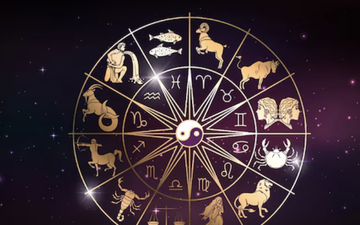
1. Sperm swims like Olympic athletes
The common legend says that millions - somewhere between 20 and 300 million, to be exact - of heroic sperm swim in competition with each other to reach the egg.
Already.
First, sperm do not really swim straight - for the most part. Often the ability of sperm to move, known as motility, is classified into one of three groups: progressive motility, non-progressive motility, and immobility.
More than a straight path, the sperm path is a "path with challenging military barriers" and requires the help of the female reproductive organs to make sure it reaches the finish line. In fact, most of the movement work is done by the uterine muscles that direct the sperm along the fallopian tubes, towards the egg.
2. Thicker semen is more fertile
Usually this means that there is a high concentration of sperm or a high number of irregularly shaped sperm.
3. Sperm live only for a short time after release
Not always! Life expectancy depends on where the sperm "lands" after ejaculation. In a cold, dry place, sperm can rarely last up to 30 minutes.
4. Sperm stay fertile and healthy for a lifetime
Sperm production, or spermatogenesis, develops indefinitely, but the quality and motility of sperm declines with age.
5. Every sperm is healthy
Most sperm never reach the egg for a number of reasons. To be considered fertile, not even 100% of sperm must move - as long as 40% are mobile, we are dealing with a fertile man. And of those 40%, not all reach the eggs.
6. Pre-sperm can not cause pregnancy
Wrong! Biologically, pre-sperm should not contain sperm - but sperm left in the urethra, the tube through which urine and semen are excreted, can mix. So even if you remove the penis during ejaculation, there is a small chance that some sperm will cause pregnancy.
7. Pineapple makes sperm taste amazing
The aroma and taste of sperm, like that of many body fluids, are influenced by general genetics, diet, and lifestyle. Just as everyone’s breath smells different, everyone’s semen has its own unique scent.
Source: Healthline





